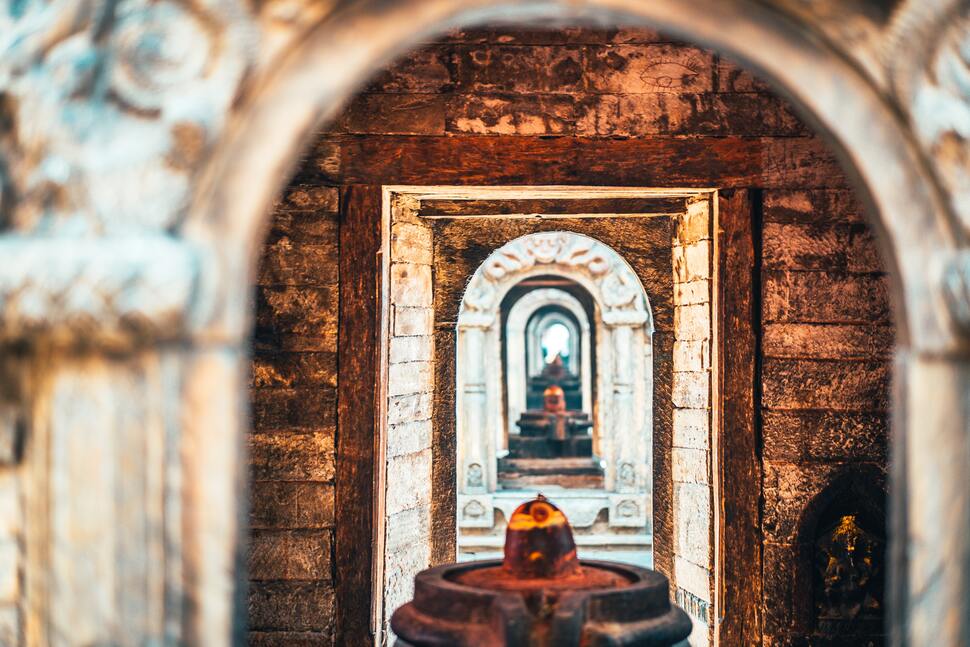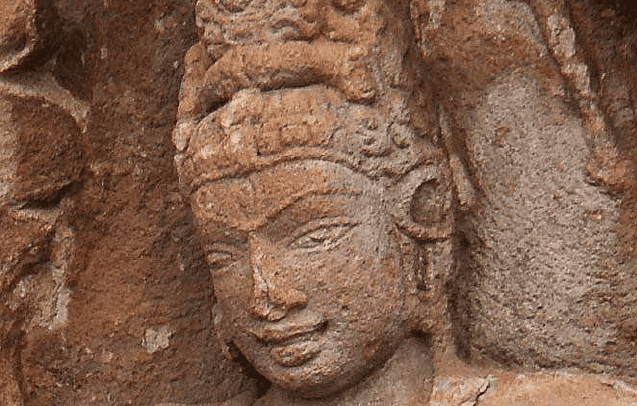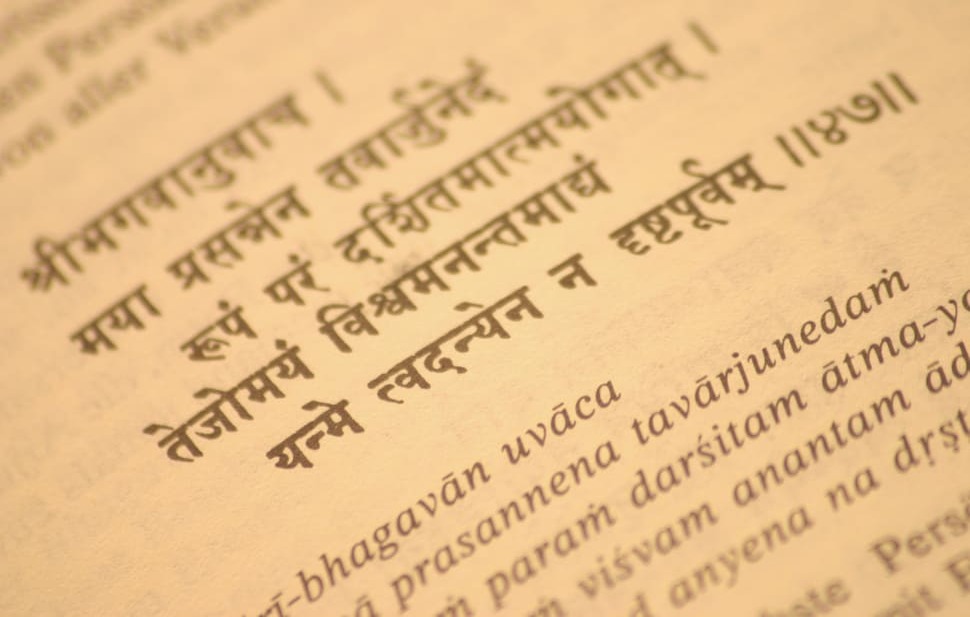Launched a heritage temple mapping project of Maharashtra
Tattva Team — August 22

India, to the south of the Vindhayas, has a staggering number of ancient temples, and a significant number of them are more than 500 years old. The Archaeological Survey of India maintains a few of them, but the overwhelming majority are left to the vagaries of nature, surviving on the generosity and devotion of the devotee. Each of these temples has stories, myths, and multiple layers of archaeology. As a fresh generation of devotees takes over from the old, a new layer of myths is added to an already dense layer of stories that circulates among the villagers for it is the mānyatā (common beliefs) associated with the temples and their deities that animate the śraddha (deep devotion) of the devotees. These temples also have immense historic and heritage value, something that is often ignored when old structures are tampered with.
Tattva Heritage Foundation’s goal is to undertake a thorough mapping and documentation of these old temples. We aim to prepare a detailed report for each of these temples documenting the legends, archaeology, state of conservation, and the current temple ecosystem. We will also prepare a ground map for each of these temples. Given the enormity of the undertaking, we have initially planned to do a pilot project in the Pune District. We chose Pune District for the pilot because it is easily accessible, the city has a large number of trained archaeologists, and there are about 50 temples within the district that are more than 500 years old. Out of these 50 temples, probably about 5-10 temples have been documented by previous scholars and only a handful of these temples are under the supervision of archaeological departments.
This project should lead to the publication of a book on Pune temples, a digital space where we can showcase these temples along with detailed information on them, a QR code system on the physical temple site where the details of the temples can be accessed by devotees, a Google Maps project for locating these temples, and many other such initiatives. We also want to make the local villagers aware of the heritage value of their temple and the need to preserve it well. Through this effort, we hope to raise awareness among the people of the immense religious heritage of the country and encourage citizens to take ownership of these monuments that our forebears have left for us as our inheritance.
The project is to be led by Vijay Sarde, who has a PhD in early Natha temples from Deccan College, and the team will include Pranit Polekar, currently working on his own PhD from Deccan College and Sujay Khalate, MA in Archaeology from Deccan College. Manish Maheshwari is the editor and conceptualizer of this project.


